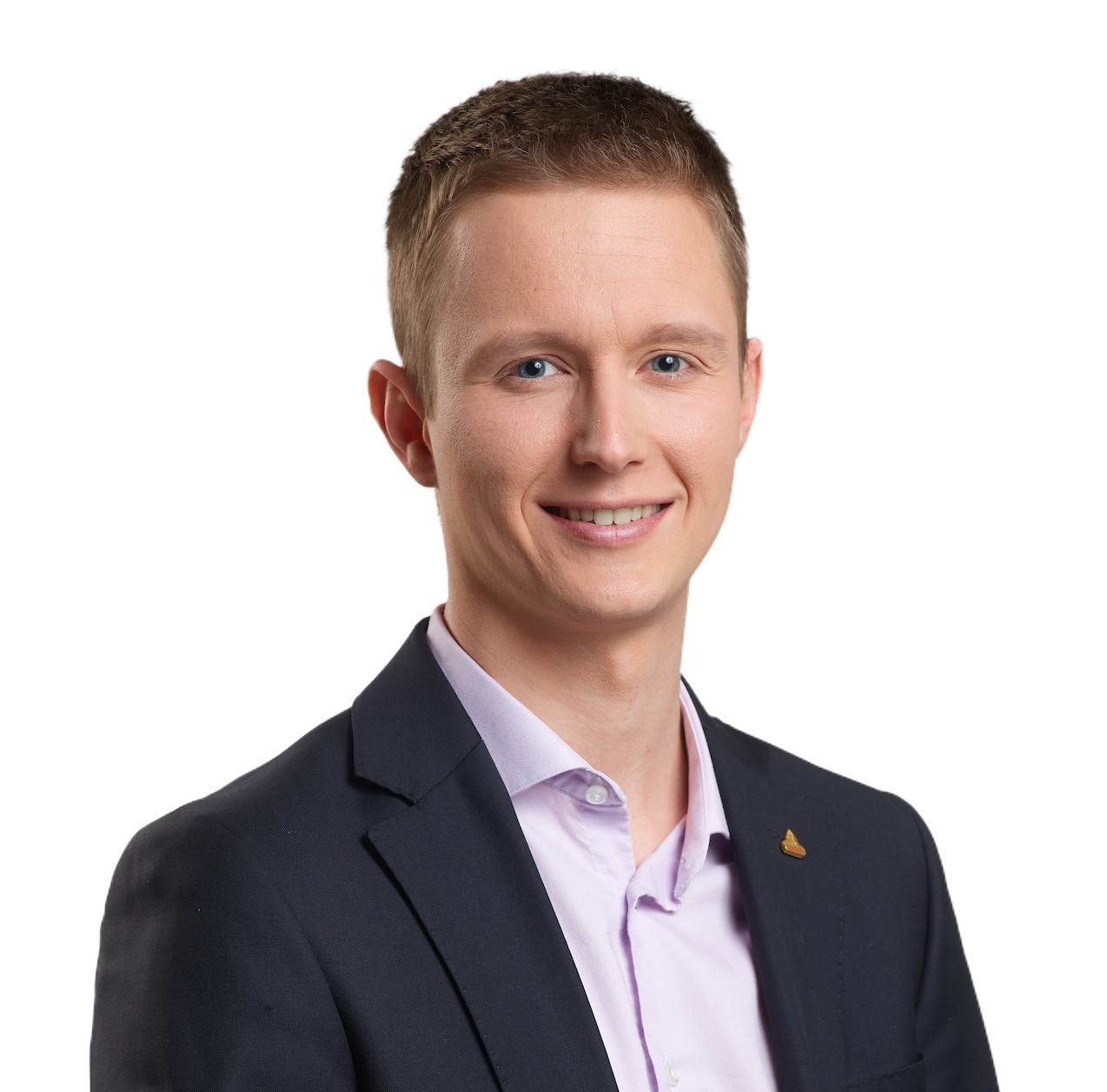
If you're considering pursuing a Master's degree in Economics, you might be wondering about the potential career opportunities and the skills you could acquire during your studies. Meet Maxime Moix, a graduate of the Master of Science in Economics (MScE) program at HEC, who shares his experiences and insights into how his academic journey prepared him for his current career and beyond.
COULD YOU PLEASE INTRODUCE YOURSELF, WHEN DID YOU GRADUATE WITH THE MASTER OF SCIENCE IN ECONOMICS AT HEC?
My name is Maxime Moix, I am originally from Valais, and I graduated with the MSc in Economics in 2020. Before that, I also completed a bachelor’s degree in Economics at the University of Lausanne, including one exchange year at Monash University in Melbourne, Australia.
WHAT IS YOUR CURRENT POSITION AND HOW DID THE MASTER OF SCIENCE IN ECONOMICS AT HEC PREPARE YOU FOR YOUR CAREER?
At the end of my studies, I worked as an intern in the OECD and G20 unit of the State Secretariat for Economic Affairs (SECO) in Bern for one year. After completing my internship, I wanted to gain experience in the private sector too, and I was hired as a junior business consultant at BearingPoint in Geneva, where I still work today. BearingPoint is a business consulting firm with management and technology capabilities, meaning that I have the opportunity to work in different industries, for various clients and companies, depending on the project. I would say that what the consulting world and the MSc in Economics have in common is their generalist nature. Even though the MScE in Lausanne is very quantitative and advanced, it does not force you to work in a well-defined sector. In that sense, my studies have prepared me to tackle any problem and to work with colleagues from different backgrounds and cultures, which is useful in my day-to-day work, where there is little routine.
WHAT SKILLS OR KNOWLEDGE DID YOU LEARN THROUGHOUT THE MSCE PROGRAM THAT YOU FOUND MOST USEFUL IN YOUR CAREER?
The master's degree has of course given me advanced analytical skills that are useful when I have to analyze data or information. That being said, data analytics is not currently the bulk of my work, which consists mainly of project management. So rather than the way of analyzing data, it is the different ways of analyzing problems that I learned during my degree that are useful to me. Even though I no longer model these problems using Lagrangians or other mathematical formulas, I still use the ways of thinking, synthesizing relevant information, and presenting results that are important in my job as a consultant. In addition to my consulting activities, I also hold various political mandates. In this context, my background in economics is definitely an advantage to understanding and analyzing the impact of the public policies and budgets that I vote on in Parliament.
HOW DID YOUR TIME AT HEC’S MSCE HELP TO PREPARE/IMPACT YOU FOR YOUR CURRENT CAREER, ACTIVITIES, FRIENDS, ETC.?
Over and above the things that I have learned during my Masters, I have met people who have become friends and I have discovered a city that I like. In fact, I still have an apartment in Lausanne, which allows me to balance my political activities in Valais with my professional activities in Geneva.
WHAT WOULD YOU ADVISE UNDERGRADUATES WHO WANT TO PURSUE A MASTER’S DEGREE IN ECONOMICS?
I would tell them it is a good idea because even though the program may seem very quantitative and sometimes a little abstract, it provides useful tools for analysis and thinking in many areas. What's more, thanks to its generalist nature (after all, it is about studying “economics”), it opens doors to a wide range of professions. And finally, its relatively small size makes it easy to make friends and have direct contact with all the professors.
We thank Mr. Maxime Moix for his valuable time, advice and ideas!
Author: Ümmügülsüm Çavuş




